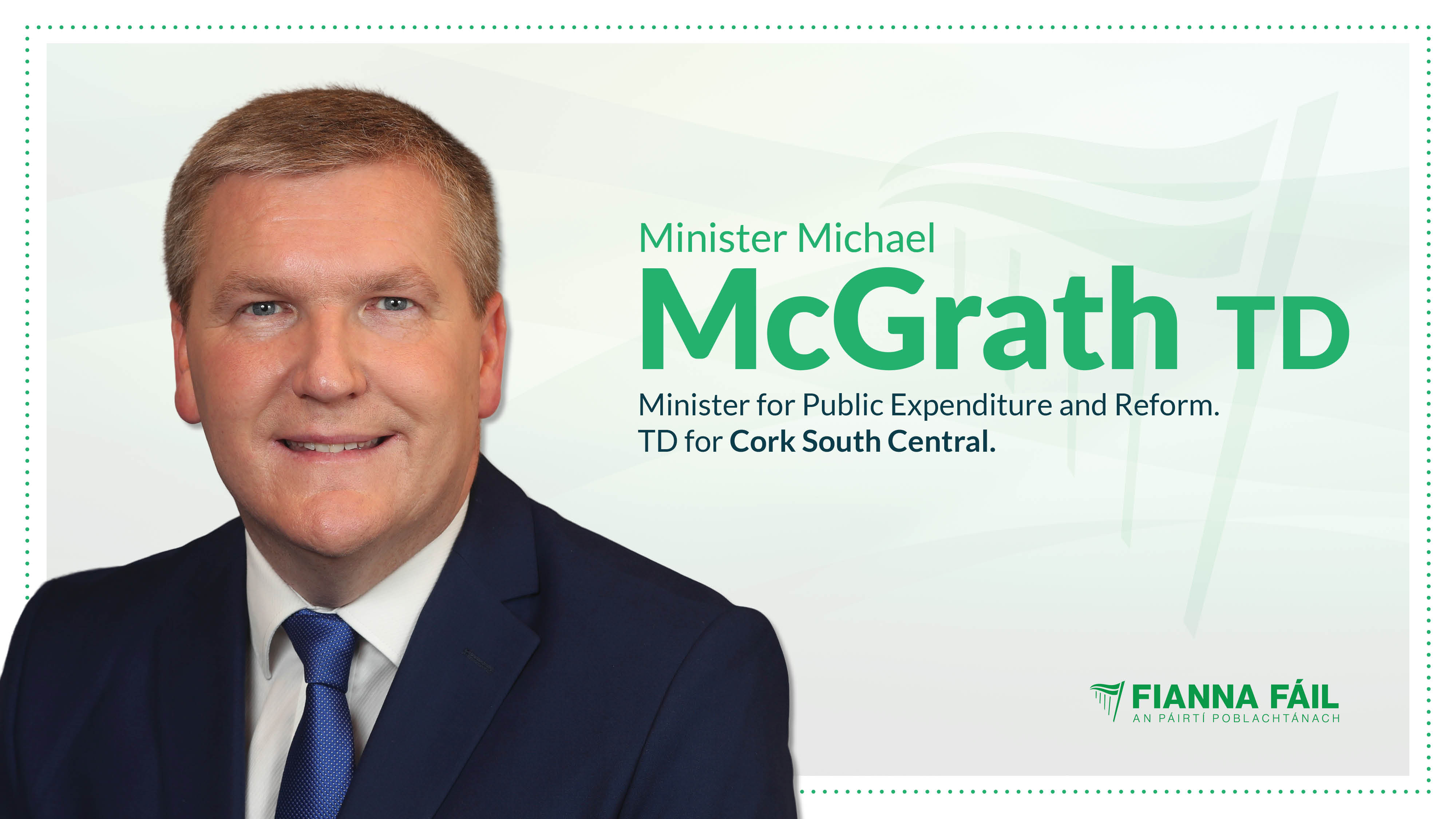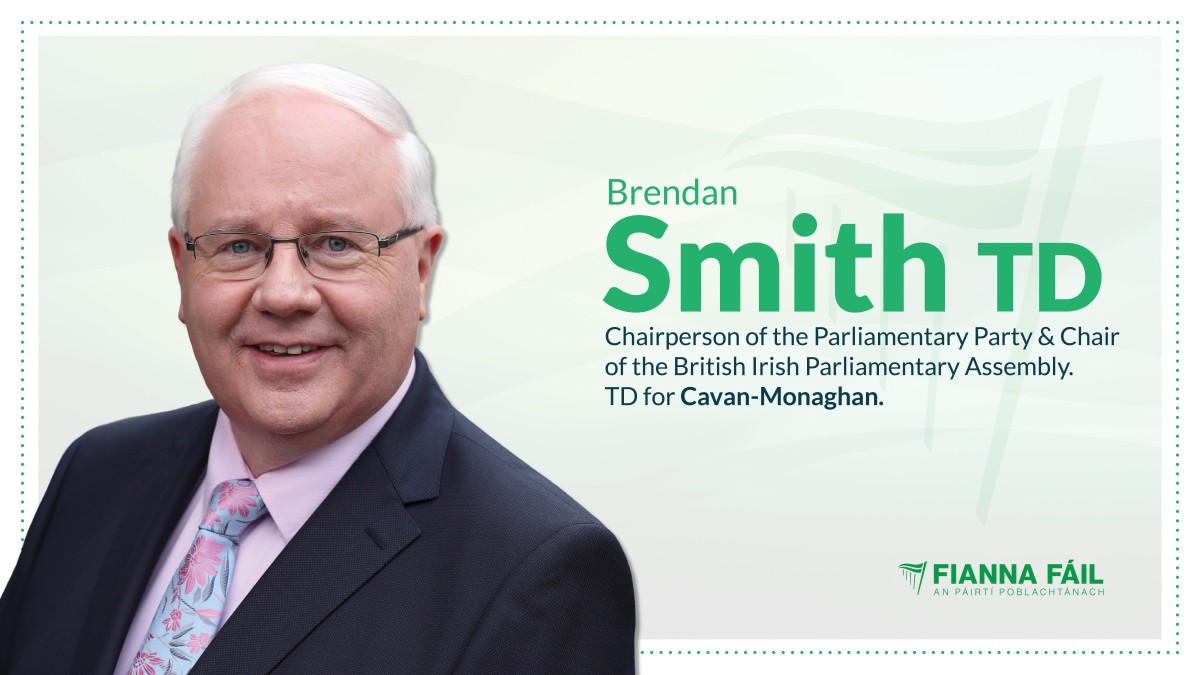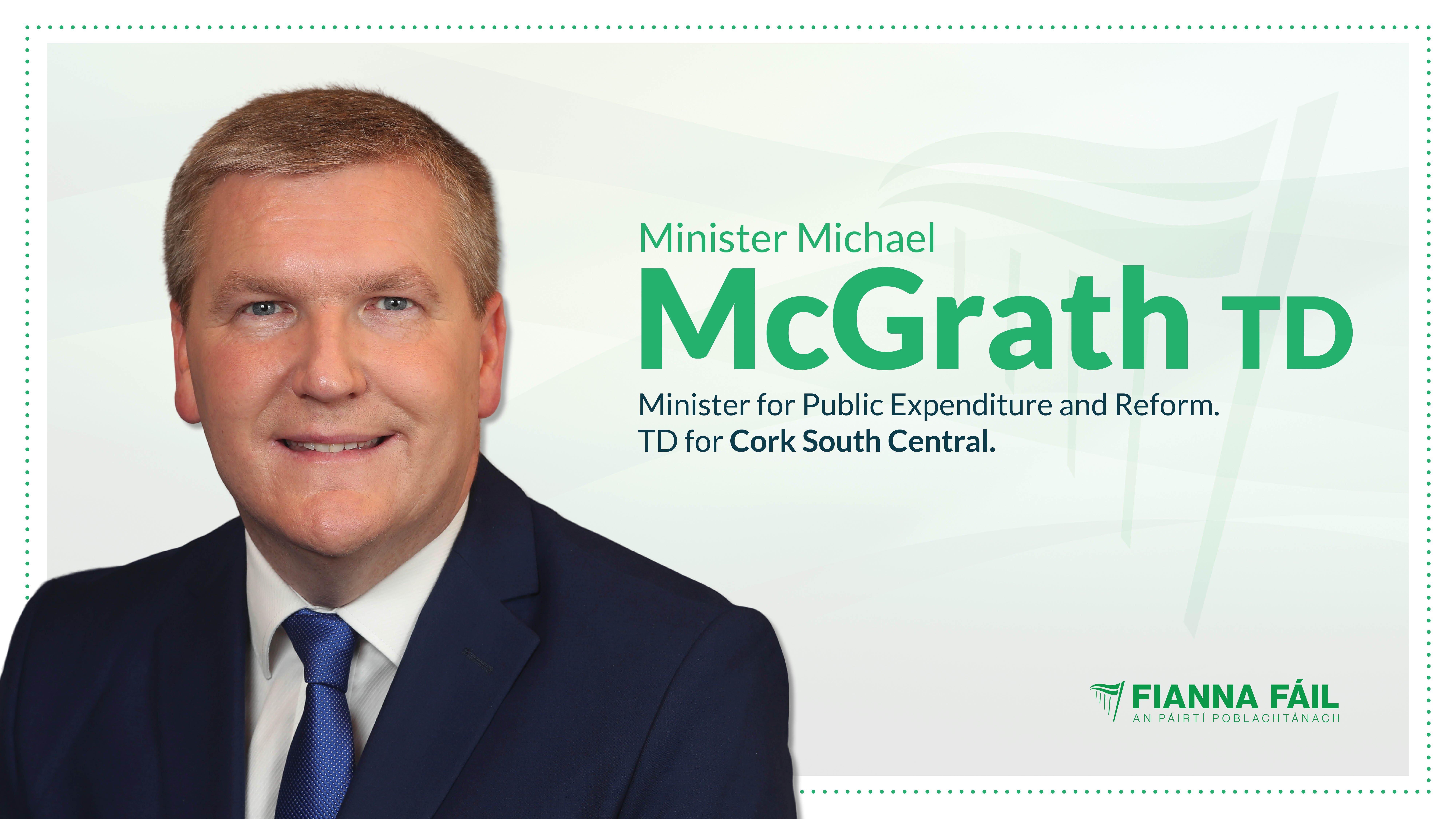Minister McGrath attends the General Affairs Council for EU discussion on Cohesion Policy
Published on: 19 November 2021
The Minister for Public Expenditure and Reform, Michael McGrath TD, attended the EU General Affairs Council (Cohesion) meeting in Brussels today, Thursday, 18th of November.
This meeting was convened under the Slovenian Presidency of the Council of the EU to discuss the adoption of the inclusion of the Republic of San Marino to the EU Strategy for the Adriatic-Ionian Region, and to inform a policy debate on ‘The contribution of cohesion policy programmes to recovery, competitive sustainability, green and digital transition, resilience and economic, social and territorial cohesion – challenges and opportunities in the coming years’.
Ireland will receive a total of €1,282.5 million (in current prices) in Cohesion Policy Funds for the 2021– 2027 period, comprising of:
- €396 million for the European Regional Development Fund;
- €508 million for the European Social Fund+;
- €294 million for European Territorial Cooperation (including PEACE PLUS), and
- €84.5 million under the EU Just Transition Fund.
When the requirement for national match funding is included the full value of the programmes supported by these allocations amounts to almost €3.5 billion. In addition, the European Maritime Fisheries and Aquaculture Fund (EMFAF) will receive €142 million with smaller amounts available for the Asylum, Migration and Integration Fund (AMIF) and the Internal Security Fund (ISF).
While NextGenerationEU funds including the Recovery and Resilience Facility (RRF) and the Brexit Adjustment Reserve (BAR) are not Cohesion Policy Funds and do not fall under this Council formation, they are also under the responsibility of the Minister for Public Expenditure and Reform. They form an important part of the overall EU package of support to Member States to repair damage caused by the pandemic and undertake investments to improve overall resilience, meet green and digital challenges, and support sustainable economic growth.
Speaking at the meeting the Minister said:
“Cohesion Policy is an important economic tool in its own right, to improve administrative capacity, to address disparities between regions, to stimulate research and innovation, to improve connectivity, and to enrich the lives of our European citizens, by addressing social inequalities.
“However, to be most effective Cohesion Policy must be strategically deployed. It must be part of an overarching longer-term strategy of mutually reinforcing Government policies, and complementary investments.
“We are at a key point in the programming cycle. We have a wide range of EU funds and instruments at our disposal to address the range of challenges we face. We need to ensure that all of these resources are effectively combined to make a positive contribution to economic, social and territorial development and convergence.
“This must be undertaken as part of a detailed economic plan reflecting local, regional and national needs with programming and implementation informed by meaningful stakeholder engagement, continuous review of performance and maximising synergies and complementarities. If we do this, Cohesion policy in coordination with other EU measures will continue to make a real difference.”
The Minister also took the opportunity to speak to the Commissioner for Cohesion and Reforms, Ms Elisa Ferreira about PEACE PLUS. He acknowledged the Commission’s deep commitment to the North South Programmes and to supporting North South cooperation under the Good Friday Agreement, evidenced by the EU’s support for PEACE PLUS.
The draft PEACE PLUS programme was approved by the Irish Government, the Northern Ireland Executive and the North South Ministerial Council in October, and will be formally submitted to the Commission shortly, with rollout expected to begin in 2022.


